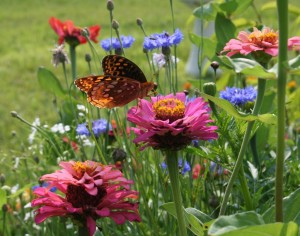
The July flower garden here at Seven Oaks is hot, hot, hot – brimming with eye popping oranges, yellows and golds while temperatures soar. I seem to have planted midsummer blooming perennials that are just saturated with color. It’s a total accident. I have about as much garden design instinct as I do the ability to do calculus (that is: zero ability). The weeds are taking over, but I hope to get out in the evenings and make a dent in them later this week.
My favorite flowers blooming now are the Echinacea – coneflower. I bought seeds in 2007, a kit from Park Seeds. I’m always buying kits. I was told that coneflower is difficult to start from seed. Maybe, maybe not. These seem to love it here in the bright full sun garden that gets hot direct sun all day long.
The kit included purple, Echinacea “White Swan” and a golden color. Now they are all blooming…just stunning clusters of them in the little island garden in the middle of the lawn. The birds love them. They land on them as they swoop over the lawn, and I think they are enjoying the seeds too.
Before temperatures soar, enjoy these hot flower colors in the July garden here in southern Virginia!

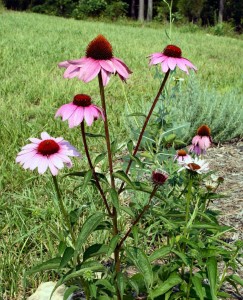
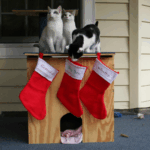
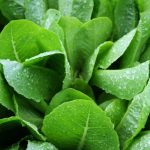

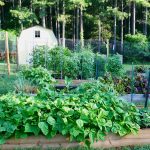
I love the color combinations you have there!
Coneflower from seed difficult? No way. It spreads itself. It also is a great candidate for winter sowing. With constant temp. the indoor germination rate can be low or prolonged – but that can be overcome.
Thanks Ann – I’m going to have to look into that. I didn’t have a problem growing them. Maybe the advice came from someone who did! I hope they reseed. I really love them. Thanks for leaving a post.
Thanks Colleen! Now I have all the pictures posted – I raced out yesterday before checking to see if the pictures were up. Thank you for leaving a comment!
I was wondering what the blue was in there when I looked yesterday. Now, this morning I look and right away I see that they are bachelor buttons? Yes or no? I don’t have them.
Yes those are Bachelor’s Buttons. What happened is that I took a dozen pictures of the perennial garden, then happened to be in the back near a little bed of annuals and saw butterflies on the zinnias. I stopped to take pictures. Then I went inside and uploaded the pictures, intending to post the perennial pictures first then this one. Well only this one loaded – and I had to shut down the computer and run out to the grocery store. Yikes. So I posted a picture of ANNUALS with my post on perennials.
Some garden blogger I am…
So Colleen, yes, these are annuals – zinnia, Bachelor’s Buttons, and some marigolds.
The blog post I did on July 12 features the perennials and a few annuals such as my hot pink morning glory against the yellow daisies and rudbeckia.
Good catch!